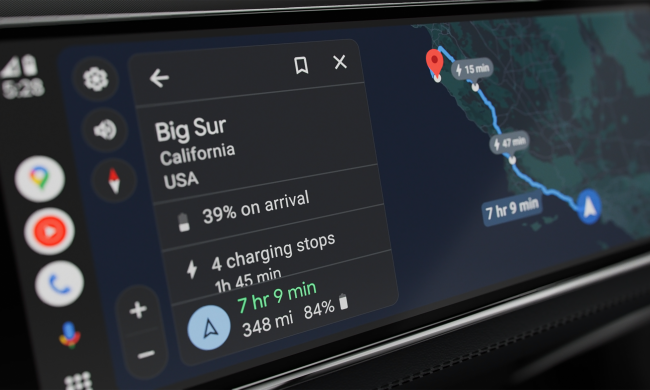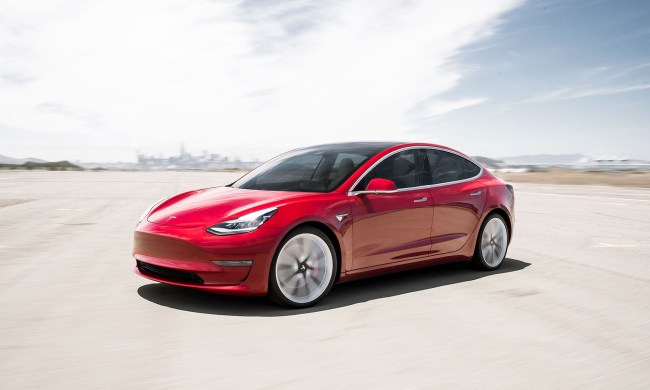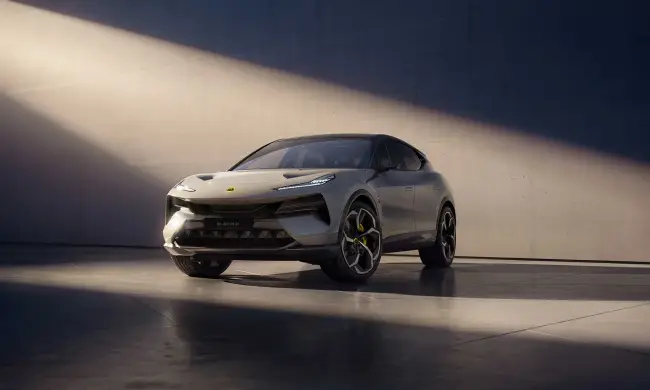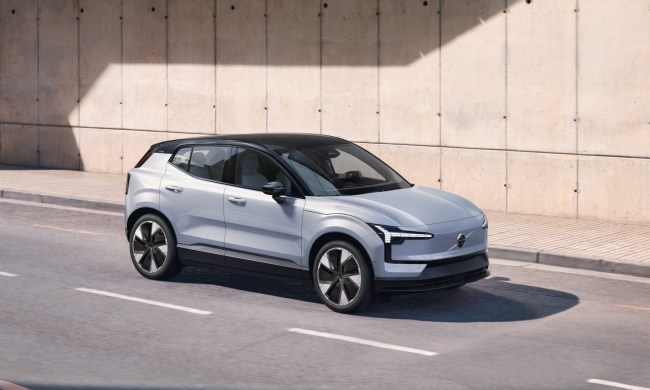Volvo
About
Volvo continues to bring many unique aspects in design, performance, and personality to the car world. The company has continuously focused on safety and attainable luxury, and of late is shifting entirely to EVs.

Volvo EX90 price, range, release date, specs, and more
The Volvo EX90 is set to be one of the best electric SUVs to date. Here's everything we know about it so far.










2024 Polestar 2 gets a major overhaul for the 2024 model year
The 2024 Polestar 2 gains a long list of updates including a new rear-wheel-drive model, more equipment, and increased range.

No mere EV, the sensor-stuffed EX90 is Volvo’s towering tech flagship
The 2024 Volvo EX90 electric SUV is the Swedish automaker's maximum effort for style, sustainability, and tech.

Sporty Polestar 3 SUV is an EV guiding star
The Polestar 3 borrows heavily from Polestar parent Volvo, but with its own unique style and an emphasis on performance.

2022 Volvo C40 Recharge first drive review: EV fashion statement
The Volvo C40 Recharge is the automaker's first EV without a companion gasoline model. But does that make a difference?

2022 Volvo V90 Cross Country first drive review: Android on board
The 2022 Volvo V90 Cross Country gets a new Android Automotive OS infotainment system and mild-hybrid powertrain.

The best station wagons
From the Subaru Outback to the Porsche Panamera Sport Turismo, these are the best station wagons in 2021.

Volvo unveils the electric 2022 C40 Recharge with Android-powered in-car tech
Related to the XC40, the C40 represents the future of Volvo

2021 Volvo XC40 Recharge first drive review: Refined EV subtlety
The 2021 Volvo XC40 Recharge is the first electric car from the Swedish automaker sold to the general public. Yet, it has a lot in common with the Polestar 2.

Volvo Penta’s skipper-assist tech offers crash-free boat docking
Some wannabe skippers may be put off boating by the tricky process of docking (well, that and the steep cost). This impressive new technology can help.

The best family cars for 2021
From zero-emissions EVs to tire-roasting V8-powered muscle cars, these family cars have the bases covered.

The best hybrid SUVs
Hybrid SUVs are now easy to find. The best hybrid SUVs use less fuel than most gas-powered sedans, but offer all the advantages you expect from an SUV.

2021 Polestar 2 first drive review: More than a Swedish Tesla
The 2021 Polestar 2 is the first all-electric car from Volvo's Polestar spinoff brand. In size and price, the Polestar 2 is a close rival to the Tesla Model 3.

Waymo and Volvo ink deal to build an all-new electric robo-taxi
Waymo has announced yet another partnership, this time with Volvo. The pair will join forces to build an all-new autonomous car for ridesharing services.

The coolest concept cars of all time
The coolest concept cars released preview forward-thinking design trends, new technology, or high-performance engines developed to leave rivals in the dust.

How electric technology allowed Polestar to create a charismatic sedan
Polestar is taking a tech-first approach to creating an electric luxury car. The Precept concept sheds light on what the company's next models will look like.

Polestar starts production of its Tesla Model 3 rival in China
Polestar has launched production of the 2, an electric fastback sedan aimed at Tesla's Model 3, in China, giving the automotive industry a glimmer of hope.

2020 Polestar 1 review: All aboard the Scandinavian express
Polestar's first car is a plug-in hybrid GT coupe appropriately named 1. In our full review, we argue this big coupe is smart and surprisingly sharp to drive.

Polestar’s Precept concept is an electric fastback with a recycled interior
Volvo-owned Polestar introduced the Precept concept, a fully electric fastback that previews where the brand is going in the 2020s. It could reach production.

Polestar and Google plan a smartphone-like infotainment system
Polestar and Google are creating an infotainment system that will deliver personalized and contextualized content, identifying users via their smartphones.

Volvo joins forces with China Unicom to develop 5G for its cars
Volvo aims to release in-car 5G in the early 2020s, though it hasn't provided a more specific timeframe. It predicts quicker connection speeds will allow cars to talk to the infrastructure in real-time, so they'll be able to detect traffic or find a parking spot, for example. BMW is also developing in-car 5G.

Want an electric car that can tow? Then you need a Polestar 2
Most electric cars aren't rated to tow, but the upcoming Polestar 2 will be able to lug up to 3,300 pounds. That should be more than adequate for the needs of the Polestar's target customers. If you need to tow more, the only option is to get a much larger Tesla Model X or Audi E-Tron.

Polestar 1 first drive review: Grand touring with a compromise
With eye-catching looks and a sophisticated powertrain, the Polestar 1 is a statement of purpose for the fledging brand, but the automaker’s unconventional approach comes with a few caveats.




























